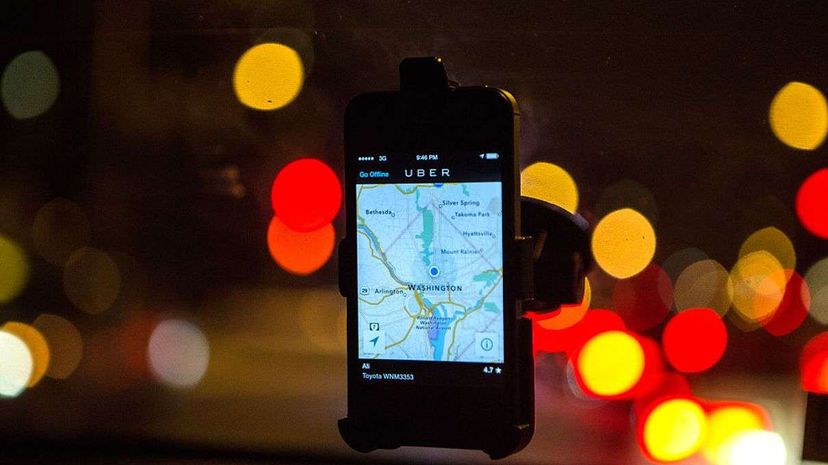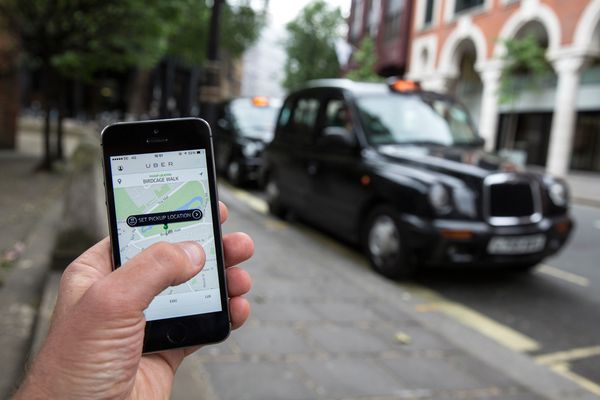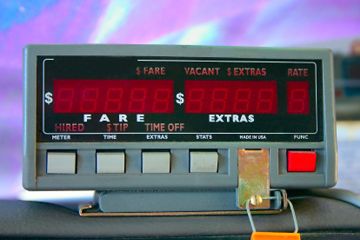So, when the study moved on to Boston, it was tweaked to look into cancelation rates. The researchers found that on Uber, people with "African-American sounding names" (like Aisha and Hakim) had double the cancelation rates of people with "white-sounding names" (like Allison and Brendan) — 10.1 percent versus 4.9 percent. The rate was even higher for men with "African-American sounding names": 11.2 percent versus 4.5 percent.
For Lyft, the cancelation rate was 6 percent for people with "African-American sounding names" and 7.7 percent for people with "white-sounding names". (While the cancelation rate for men of both races was about the same, the cancelation rate for black women was much lower than for white women on Lyft).
Although Uber has a policy of letting go of drivers who cancel rides too often, Don MacKenzie, study co-author, noted that a lot of Uber drivers got around that by simply not showing up.
"We ended up calling these de facto cancelations," says MacKenzie, an assistant transportation engineering professor at the University of Washington. "A driver did not officially cancel the trip. They would just sit there and not bother to come and pick up. Or in some cases would even drive away in the opposite direction."
Tracking drivers is easy. The apps have a map that allows riders to see where drivers are. The research assistants who were left high and dry were told to cancel the trip themselves after 20 minutes. "I suspect that's what the drivers were trying to do because if you cancel the trip as a passenger you pay a fee and it's not going to count against the driver," he says.
"One of the things that really surprised me is how much stronger the evidence for discrimination ... seemed to be on the Uber platform as opposed to the Lyft platform."
Don MacKenzie, Study Co-Author and Assistant Engineering Professor
So, what's a company to do with this information? Researchers stressed that both Uber and Lyft have antidiscrimination policies and that the discrimination seems to be an individual action. But, they did offer up suggestions for ways the companies could step up antidiscrimination efforts. These include using pass codes rather than names to identify passengers, increasing disincentives for drivers to cancel and performing driver audits.
"One of the other things that really surprised me," says Mackenzie, "is how much stronger the evidence for discrimination and the impact of discrimination seemed to be on the Uber platform as opposed to the Lyft platform. It was surprising because you think if you convey less information about race and ethnicity up front, then they'd be less likely to discriminate. The charitable interpretation is that having a name and photo puts people at ease.
"The alternative explanation is that there's at least a subset of drivers who would screen out or decline trip requests from black passengers. Because that information is presented up front and is so fast, the discrimination occurs so quickly and seamlessly and efficiently that the trip request gets passed to another driver. So it might be that discrimination is happening [on Lyft], but a person can't tell that they've been discriminated against and the car still gets them to their destination just as quickly.”


